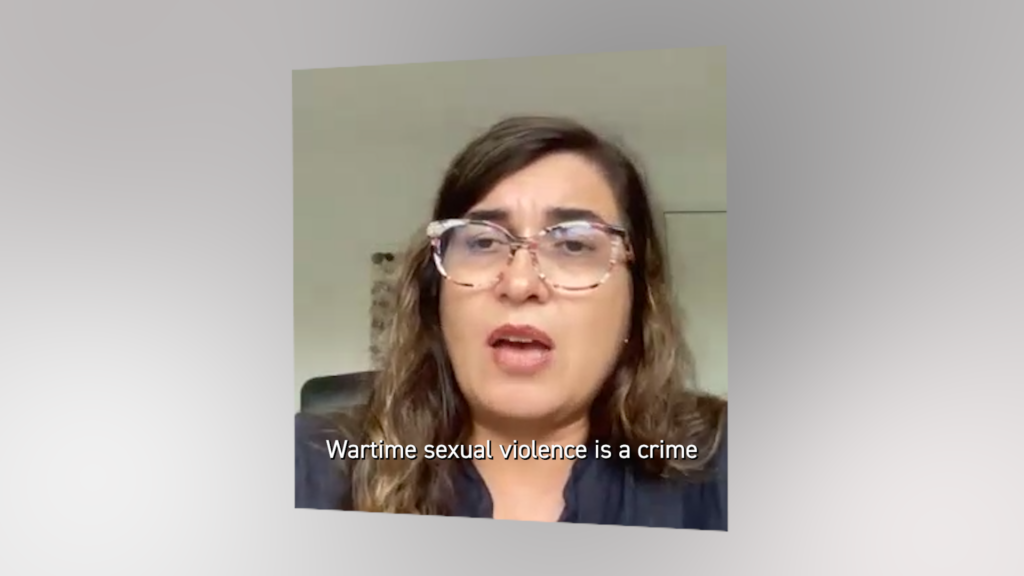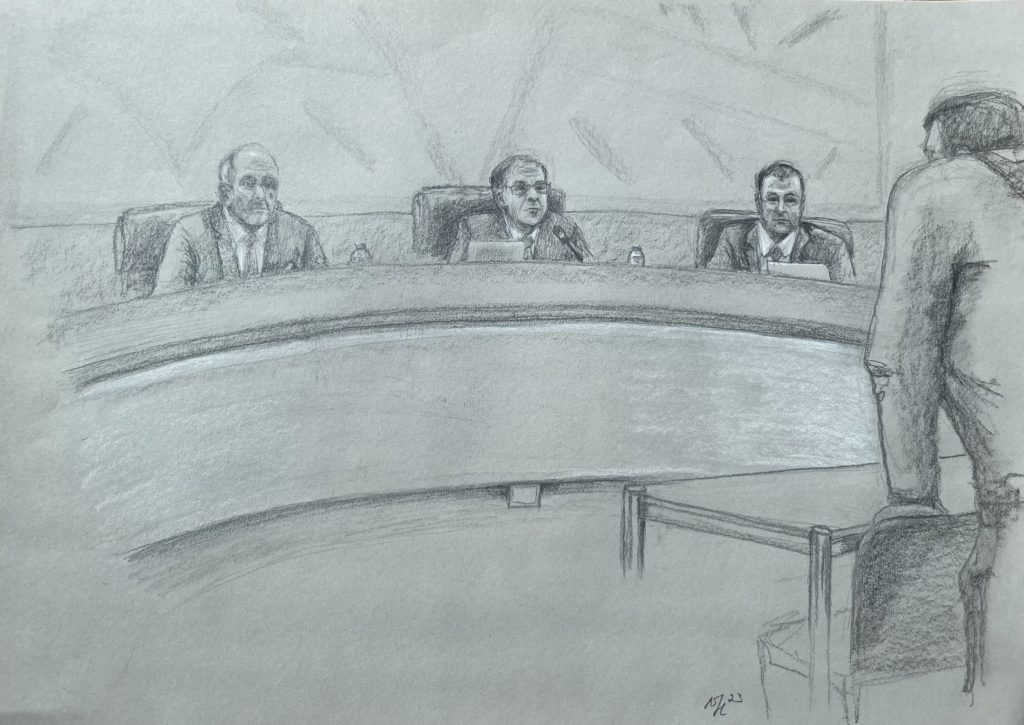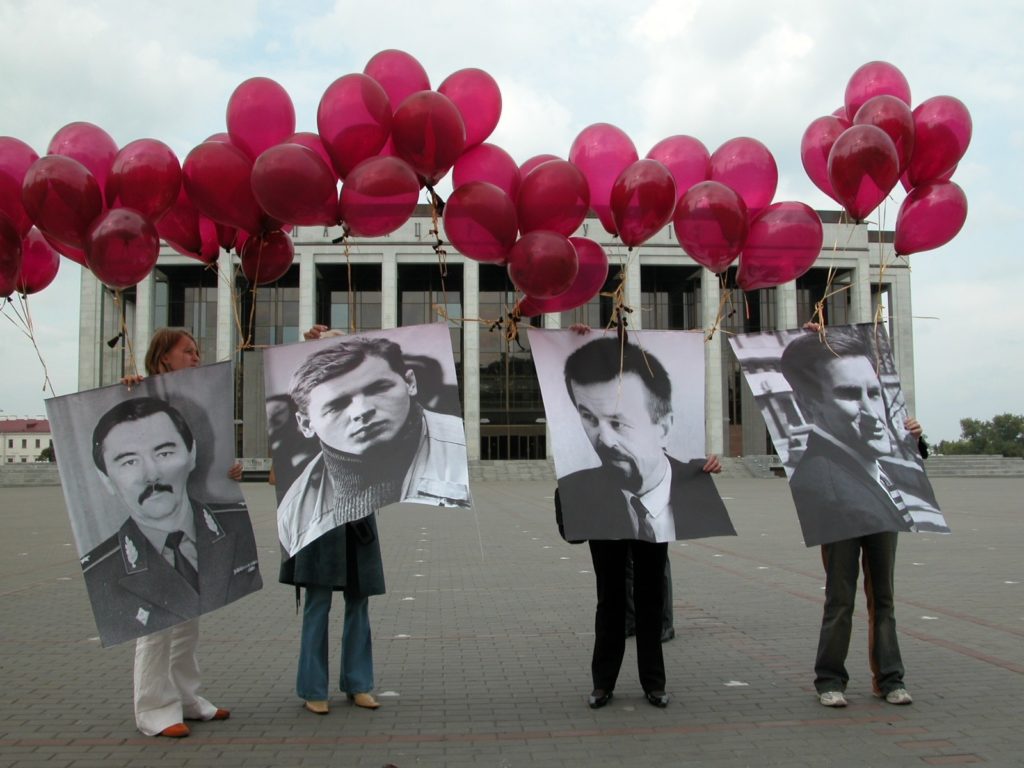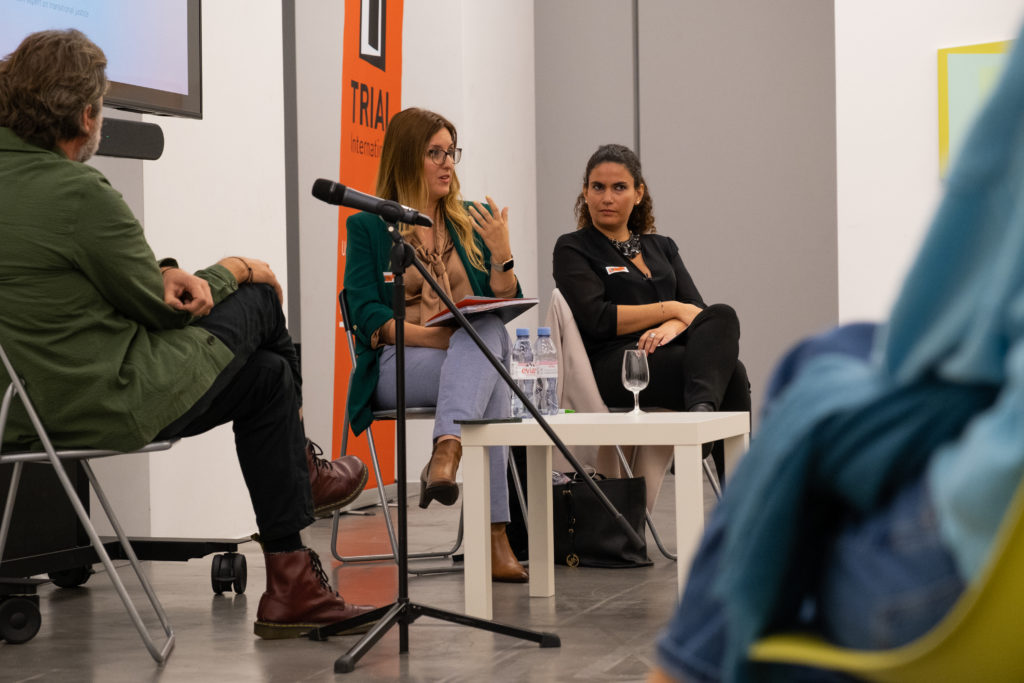Landmark UN decision condemns Nepal for forced labor and sexual violence
On 20 May 2019, the Human Rights Committee (HRC) issued a landmark decision in the case of Fulmati Nyaya (pseudonym), an indigenous girl who was the victim of rape, torture and forced labor during the Nepali armed conflict: for the first time, the UN body has recognized the existence of forced labor, and has proposed a holistic approach to sexual violence.
“This is the first time that the HRC has issued a decision against Nepal concerning the prohibition of forced labor provided in article 8(3) of the International Covenant on Civil and Political Rights”, said Helena Rodríguez-Bronchú Carceller, Legal Advisor and Head of TRIAL International’s Nepal program. The organization has been supporting the young woman in her pursuit of justice since June 2014. “The Committee recognized that forced labor was used as a form of cruel treatment against Nepali detainees during the Nepali armed conflict. This acknowledgment may open the door for other forced labor victims to seek justice.” In 2002, Fulmati Nyaya, then aged 14, was arbitrary arrested by the Armed Police and the Royal Nepalese Army, and forced to work in the barracks on the construction of a temple.
During the same period, she was also raped multiple times and subjected to other forms of sexual violence, torture and inhuman treatment. “The Committee’s findings on sexual violence are also remarkable, as the Committee has adopted a holistic approach to the impact of sexual violence on survivors’ lives”, added Ms Rodríguez-Bronchú. Indeed, for the first time, the Committee recognized that the stigmatization, marginalization and shame endured by Fulmati Nyaya also amounted to an interference with her privacy and sexual autonomy.
Finally, the Committee acknowledged that the violations were also discriminatory in nature since as a child, a woman and an indigenous person, Ms Fulmati suffered from three-fold discrimination.
THE NEED FOR REFORMS AT THE NATIONAL LEVEL
In the same progressive vein, the Committee called on Nepal to remove all obstacles for conflict-related sexual violence victims to obtain justice and compensation. It further added that the transitional justice bodies cannot serve to dispense with the criminal prosecution of serious human rights violations. “I don’t even know if the Truth and Reconciliation Commission examined my complaint in all this time. They never called me”, Fulmati said.
The decision calls on Nepal to take a series of measures to prevent these crimes from happening again, including by extending the statute of limitation to report cases of rape. “Nepal recently extended the statute of limitation for reporting rape from 35 days to one year. This decision shows that, although this legislative amendment is welcome, it is still insufficient if Nepal wants to respect international human rights standards, as the HRC explicitly held that one year is not commensurate with the gravity of this crime”, added Ms Rodríguez-Bronchú.
UNCERTAIN AFTERMATH
TRIAL International had asked the Committee to support Fulmati Nyaya’s quest for justice. Thanks to the HRC, she has regained hope: “I am very happy that my case was heard by the Human Rights Committee. It’s like someone has finally listened to me; that’s why it feels good,” the young woman said. However, she’s aware of the challenges ahead. “I don’t know when or how the Nepalese government will implement the decision of the UN, but I hope it will eventually do it. I want a proper investigation into my case. I want to feel as I used to feel before what happened to me.”
BACKGROUND
In 2002, Fulmati Nyanya, aged 14, was arrested by members of the Royal Nepalese Army and armed police forces and taken to a military barrack. The indigenous girl was secretly detained for more than 6 weeks, during which she was subjected to repeated rapes and other forms of sexual violence. She was also a victim of torture (repeated beatings, prolonged periods of being blindfolded and handcuffed, death threats). Furthermore, during her captivity, Fulmati Nyanya was subjected to forced labor and forced to sign confessions admitting to involvement in terrorist activities. When she was freed, she was forced to become an informer and share information about the movements of the Maoist rebellion with the security forces.












